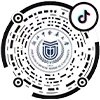Recently, a team led by Professor Chen Zhong and Researcher Wu Di from ZCMU has made new strides in the immunotherapy research of glioma. Their latest findings were published online in Advanced Science, in a paper titled “Bacteria Synergized with PD-1 Blockade Enhance Positive Feedback Loop of Cancer Cells-M1 Macrophages-T Cells in Glioma”. The team, which has long been dedicated to researching brain diseases, has focused on new therapeutic targets and schemes for conditions such as epilepsy, stroke, and glioma, and achieved a series of research results in recent years (Nat. Commun., 2023; Cell Reports, 2023; Signal Transduct. Tar., 2023a, b, c; Ann. Neurology, 2023; PNAS, 2023a, b; Cell Reports, 2022; Nat. Commun., 2022a, b; Ann. Neurology, 2021; Nat. Commun., 2021). This study addresses the current challenges in immunotherapy for glioma by combining bacterial surface engineering and bacterial photothermal therapy to modulate the immunosuppressive glioma microenvironment, thereby enhancing the sensitivity of glioma to immunotherapy and wake “cold” tumors.
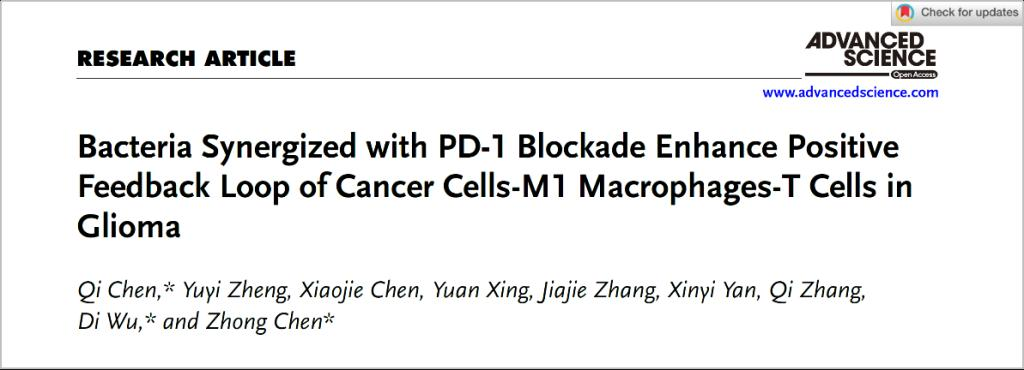
Glioma is a common central nervous system tumor characterized by blurred boundaries, high heterogeneity, and aggressiveness. Conventional treatments, including surgery, chemotherapy, and radiotherapy have limited therapeutic effects, giving results of poor prognosis, short survival, more metastases, and high recurrence rate.
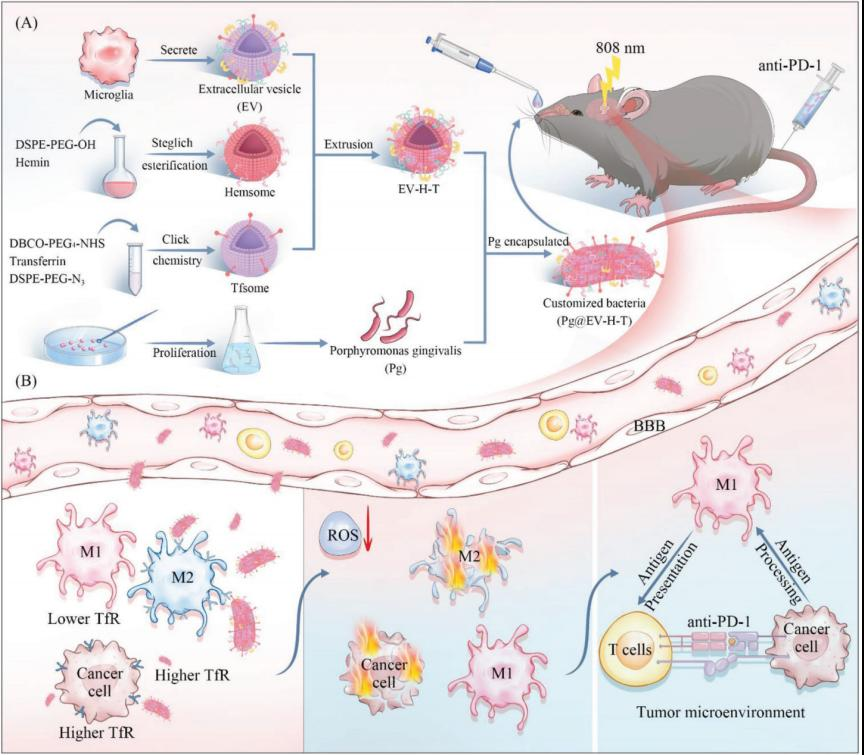
The research has developed multifunctional bacteria capable of selective targeting and waking of the immune system, designed a combined treatment strategy for glioma based on these customized bacteria, offered a new approach to immunotherapy for glioma and provided scientific evidence to enhance the efficacy of tumor immunotherapy by strengthening and consolidating body resistance in traditional Chinese medicine.
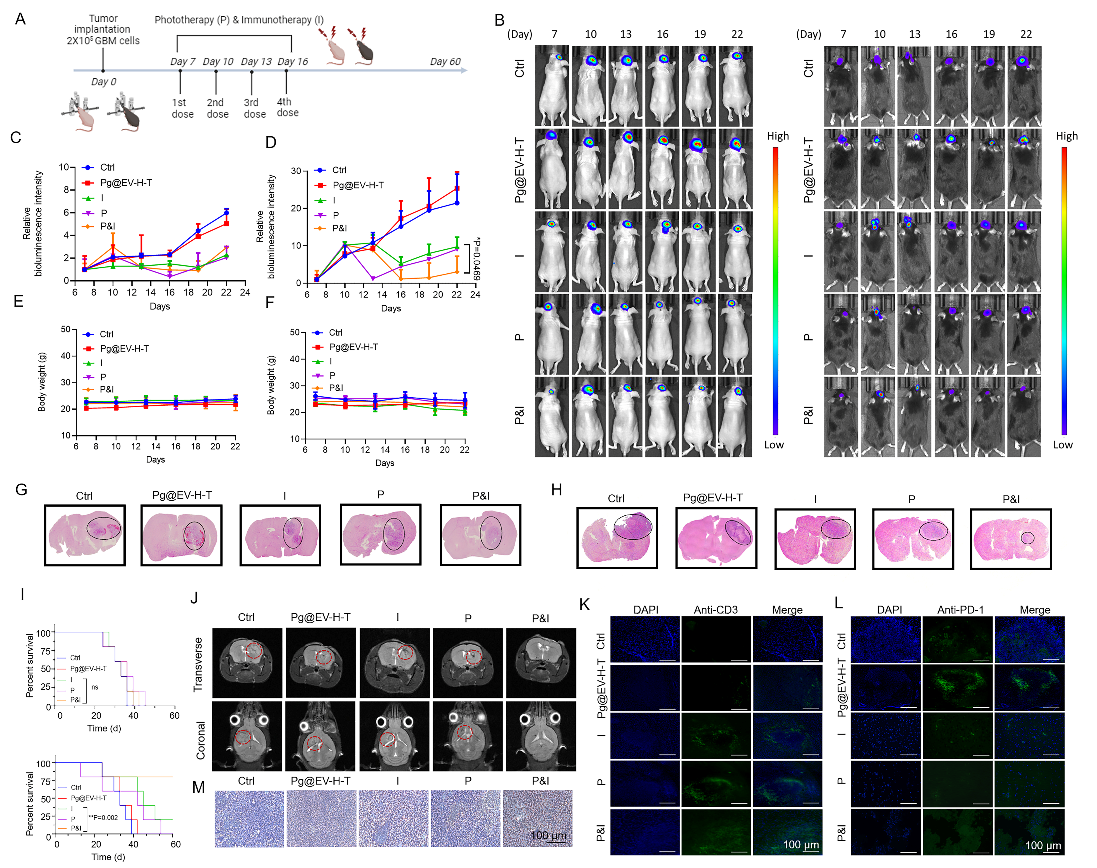
The first author of this study is Associate Researcher Chen Qi, with master’s student Zheng Yuyi as the co-first author. Professor Chen Zhong, Researcher Wu Di, and Associate Researcher Chen Qi are the co-corresponding authors.
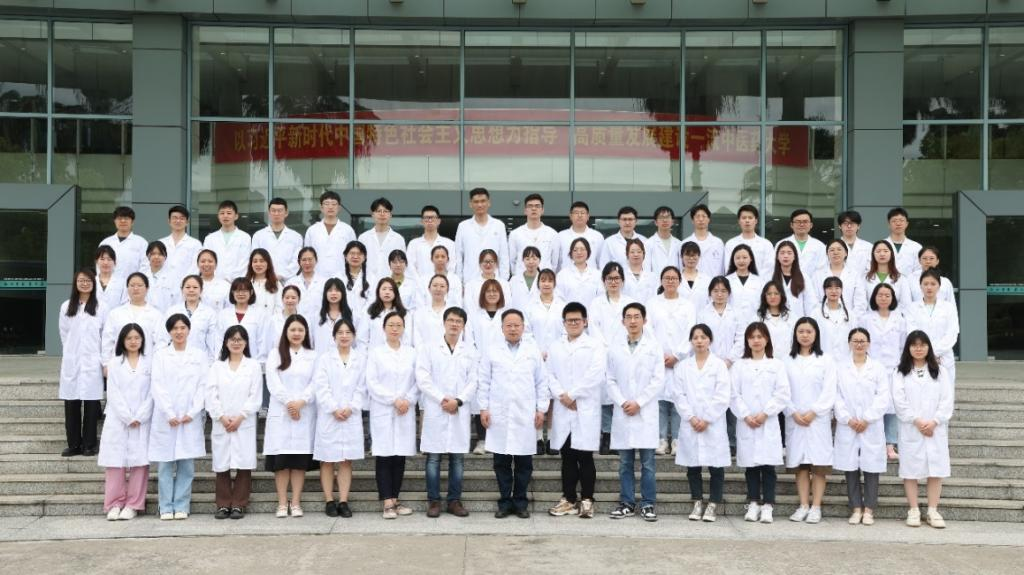
 International Relations Office
International Relations Office International Education College
International Education College



